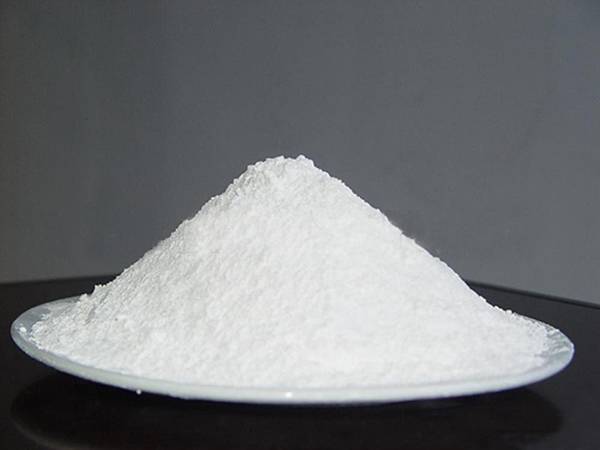



Applications of Caustic Soda in the Production of Liquid Soap
Uses of Caustic Soda in Liquid Soap Making
Caustic soda, also known as sodium hydroxide, is a highly alkaline compound that plays a crucial role in the process of making liquid soap. Its primary function is to act as a saponifying agent, which means it helps convert fats and oils into soap through a chemical reaction known as saponification. This unique property makes caustic soda an essential ingredient in both traditional and modern liquid soap formulations.
In the soap-making process, caustic soda interacts with triglycerides found in oils and fats. When mixed with water, caustic soda dissolves and ionizes, creating a hydroxide ion that reacts with the fatty acids in the oils. This reaction produces glycerin and soap, transforming the mixture into a liquid soap base. The proportion of caustic soda used is critical, as it must be carefully calculated to ensure that all the oils are converted to soap without leaving any excess lye, which can be caustic and harmful to the skin.
One of the significant advantages of using caustic soda in liquid soap making is its ability to create a wide variety of soap textures and properties. By adjusting the types of oils and the concentration of caustic soda, soap makers can customize their products to achieve desired attributes such as lather, moisturizing properties, and scent retention. Common oils used include coconut, olive, and palm oil, each contributing different characteristics to the final product.
uses of caustic soda in liquid soap making

Safety is paramount when handling caustic soda. Its strong alkaline nature can cause burns and irritation, so proper protective gear, such as gloves and goggles, should always be worn during the soap-making process. Additionally, it is essential to work in a well-ventilated area to avoid inhaling any fumes that may arise when mixing lye and water.
After the saponification process is complete, the resulting liquid soap can be further enhanced with fragrances, colorants, and additional moisturizers, making it a versatile choice for personal care products. Whether for commercial use or personal projects, understanding the role of caustic soda in liquid soap making empowers artisans to craft high-quality, customized soaps that cater to a diverse range of consumers.
In conclusion, caustic soda is a pivotal ingredient in liquid soap making, providing the necessary chemistry to transform oils into soap. Its versatility allows for creativity in formulation, making it a favorite among soap makers looking to produce unique and effective cleansing products.
-
Why Sodium Persulfate Is Everywhere NowNewsJul.07,2025
-
Why Polyacrylamide Is in High DemandNewsJul.07,2025
-
Understanding Paint Chemicals and Their ApplicationsNewsJul.07,2025
-
Smart Use Of Mining ChemicalsNewsJul.07,2025
-
Practical Uses of Potassium MonopersulfateNewsJul.07,2025
-
Agrochemicals In Real FarmingNewsJul.07,2025
-
Sodium Chlorite Hot UsesNewsJul.01,2025










